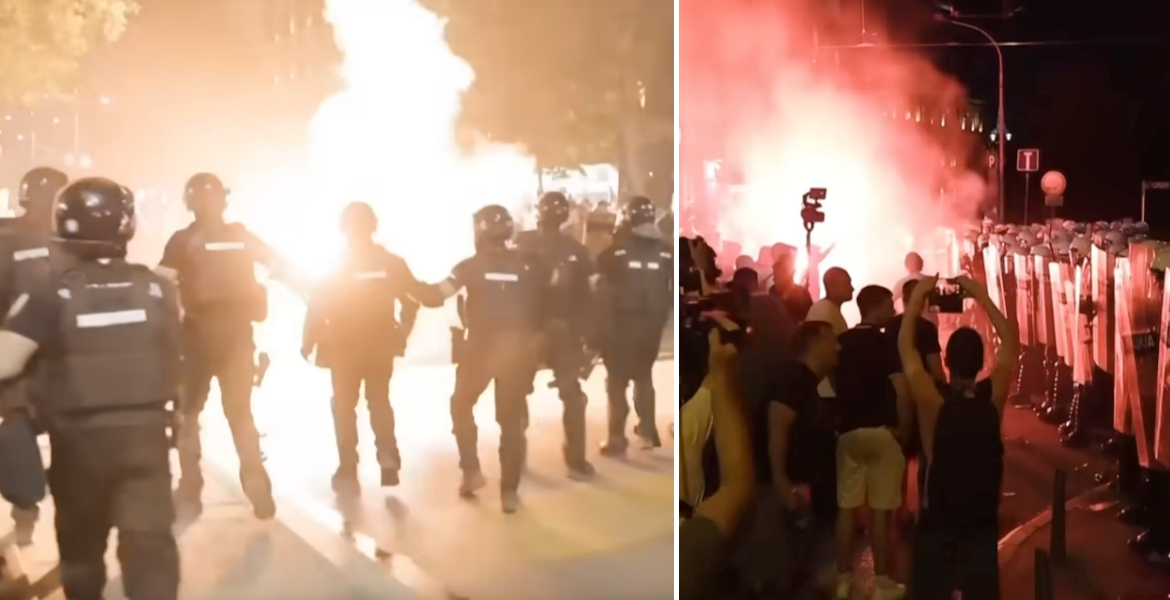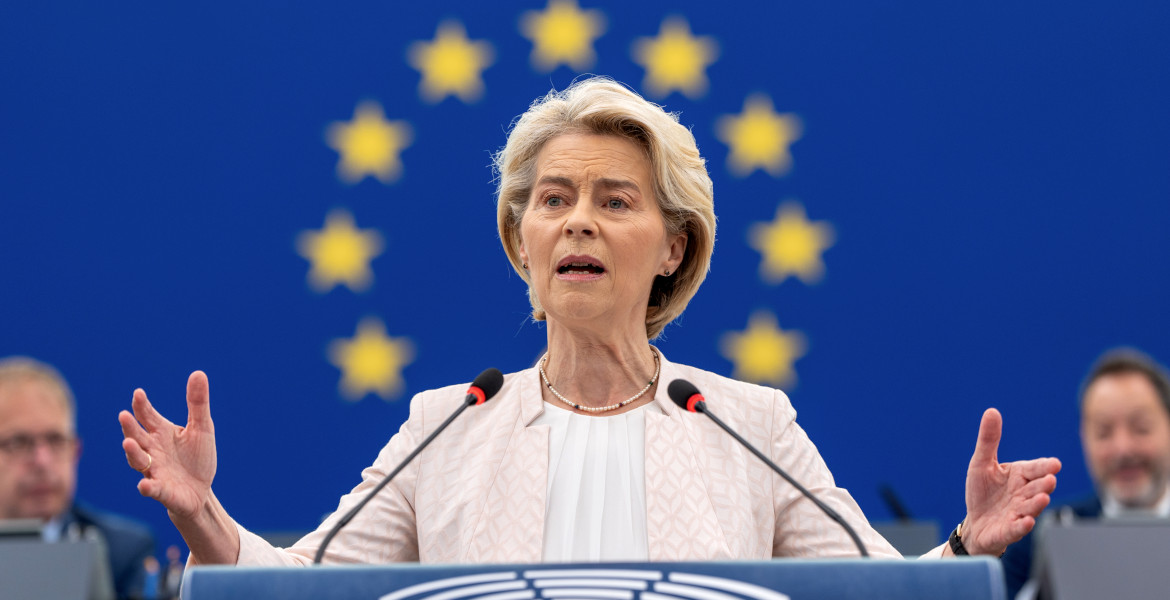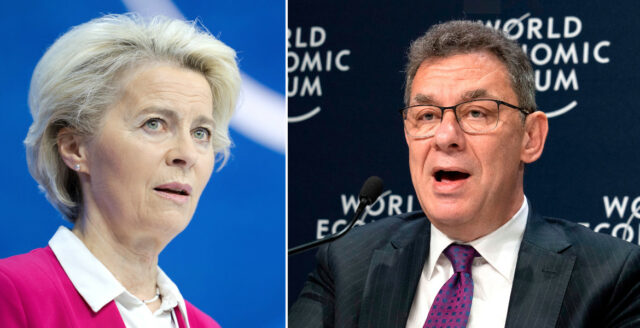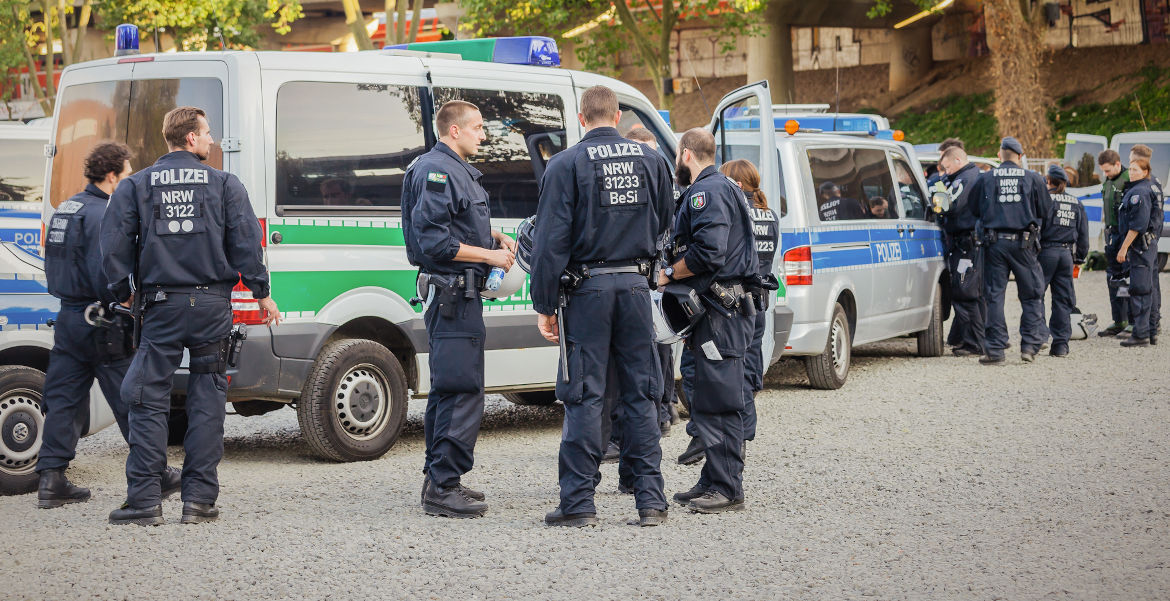Germany is heading for new elections in February 2025 after Olaf Scholz’s three-party coalition collapsed. At the same time, the country is in a period of severe economic stagnation.
The government crisis was triggered when Olaf Scholz, leader of the Social Democrats (SPD), fired Finance Minister Christian Lindner from the liberal FDP party. The incident led to the collapse of the three-party coalition that also included the Greens. After Scholz lost a vote of confidence in the Bundestag, President Frank-Walter Steinmeier announced that new elections would be held on February 23, 2025.
The latest opinion polls show that the conservative CDU/CSU bloc is leading with 32% of voter support. The Alternative for Germany (AfD) is at 20%, while the SPD, Olaf Scholz’s party, only reaches 15%. The Greens and FDP reach 14% and 7% respectively.
Despite the AfD’s strong rise in the polls, the established parties have made it clear that they will not form a coalition with the party.
Economic challenges
At the same time as political uncertainty is growing, Germany is facing major economic problems. The country’s economy has stagnated and the central bank has recently revised its forecasts downwards. For 2023, the economy is expected to shrink by 0.2%, and only modest growth of 0.2% is predicted for 2025.
Germany, the EU’s largest economy, has been hit hard by factors such as high energy costs and increased global competition. Export-dependent sectors such as the automotive industry are struggling with structural challenges, and the country’s economic growth is now significantly lower than before the pandemic.









